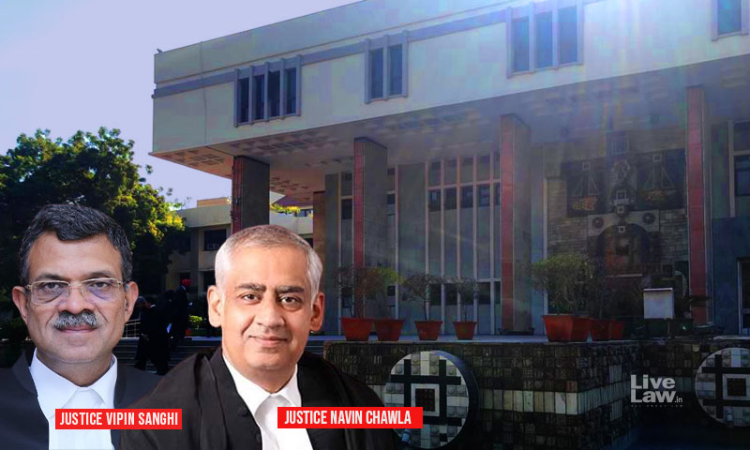Update: AIIMS Medical Board assessed current disability of Petitioner to be less than 40%, i.e. mild disability. Accordingly, Petitioner is not entitled to reservation as a person with disability. Petition disposed as infructuous on April 5, 2022.In relief to a medical aspirant suffering from temporary mental illness, the Delhi High Court has ordered AIIMS to conduct his medical examination...

